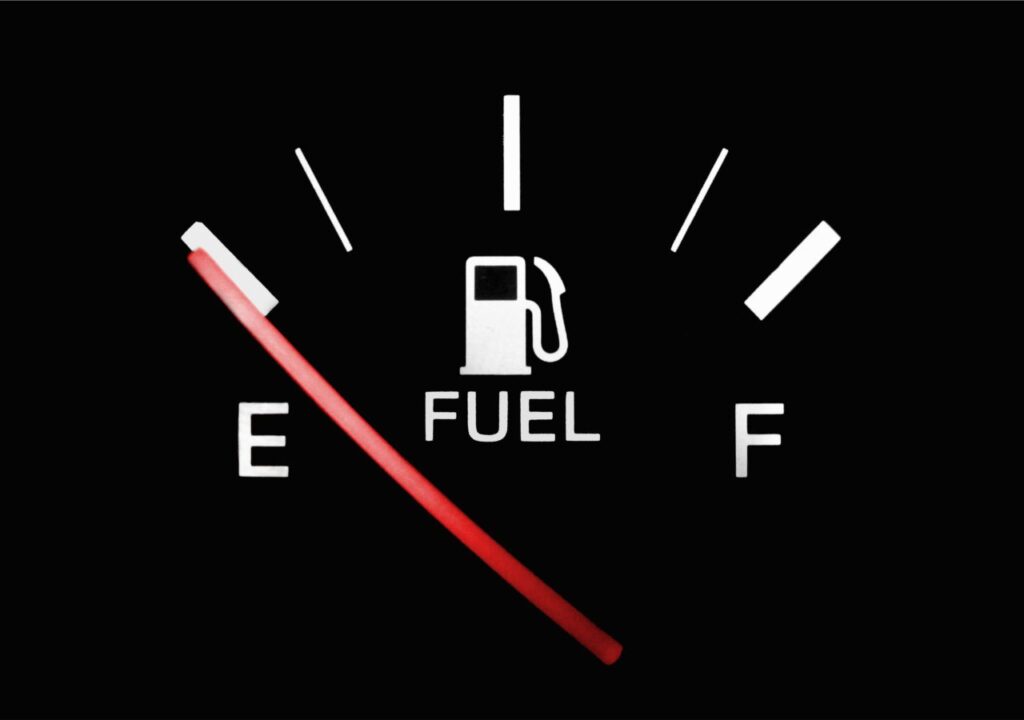
“That’s all I can stands, cuz I can’t stands n’more.” — Popeye the Sailor
I recently attended an amazing program called “Media Mastery Bootcamp” put on by Shawne Duperon of ShawneTV.com. It was a two-day, intensive workshop to prepare you to be interviewed by a reporter on camera. The information was great — as is everything I’ve ever attended of Shawne’s. The networking was pretty awesome, too.
Until the second half of the second day.
I had been meeting and working with all sorts of fascinating and tremendously successful people — making connections and learning about them. Then we broke for lunch on the second day. I suddenly realized I just wanted to go somewhere and eat by myself and not talk to anyone. Was I slipping back into my old “reluctant” ways? Shouldn’t I force myself to try to connect with those around me?
In a word, “no”.
You see, different people have different capacities for connecting — their networking gas tank, if you will. Once the gas tank is empty, trying to force yourself to network beyond that point is kind of like trying to push your car up a hill. You need to refill the tank before you’re going to go any further.
So what can you do to keep the needle from pointing to “E”?
- First, know your limits. I know I am an introvert by nature. Most folks don’t realize that because I’ve learned the skill of being outgoing. As an introvert, I know that being around a lot of other people can drain me. I’ve gotten better, but apparently a two-day non-stop event is a little more than my capacity. For some two hours might be too much. For others — the extroverts — two weeks might not bother them.
- Next, grow your limits. When I first started networking, my limit for dealing with strangers was closer to twenty minutes. Fortunately, this capacity is like a muscle. The more you exercise it, the stronger it will be. The next time you are at an event and you start feeling that networking fatigue, acknowledge it and then try to stick with it for ten minutes more.
- Set reasonable goals. Now that you know how long you will last, set goals you can accomplish during that time. Again, if you have to push a little that’s not a bad thing. What you don’t want is a goal that will take you at least an hour when your capacity is ten minutes.
- Get some distance. There will be areas of the room that are more draining than others. If you are in a workshop like I was, the front of the room (nearest the action) is more draining than the back of the room. In a mixer event, the edges are calmer than the middle. Give yourself some distance from high activity.
- Take a break. At a convention or multi-day seminar, the breaks in the event are great for networking. If you’re feeling tapped out, though, or even just a little drained, take a moment to yourself completely away from the noise. When I was at the National Speakers Association national convention a couple of years ago, I made a point of heading up to my hotel room for twenty minutes of quiet time once or twice a day. I would return from my siesta refreshed and ready to connect again.
If we do it right networking can actually be not only profitable, but fun. If you try to push past your limits, though, you aren’t going to be of much use to anyone. You can’t be your best self if you have no gas in the tank. Take the chance to refill now and again and you might be surprised at how much more effective you’ll be.
Photo by Pixabay user PublicDomainPictures


So great to see you at Shawne's event!